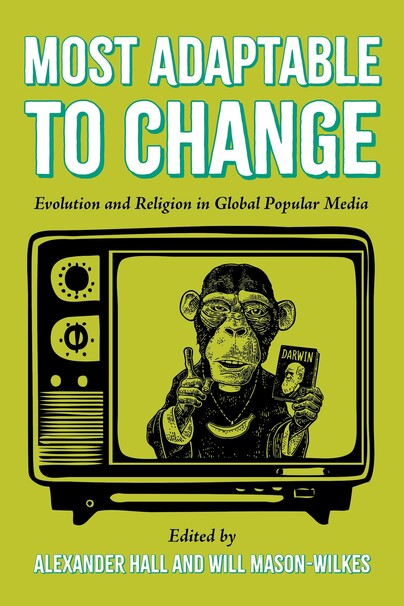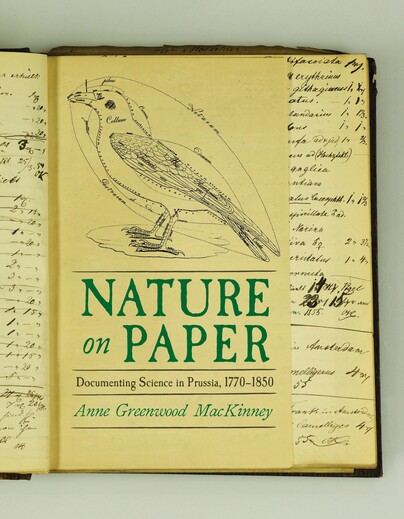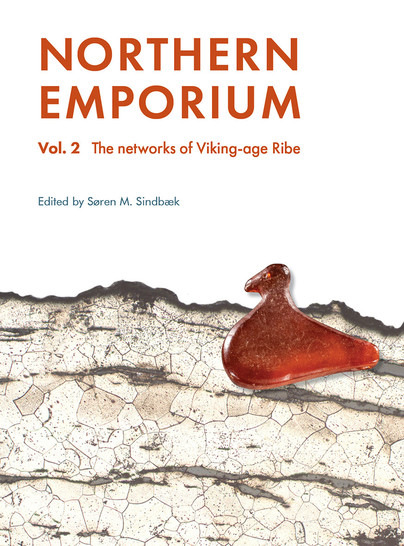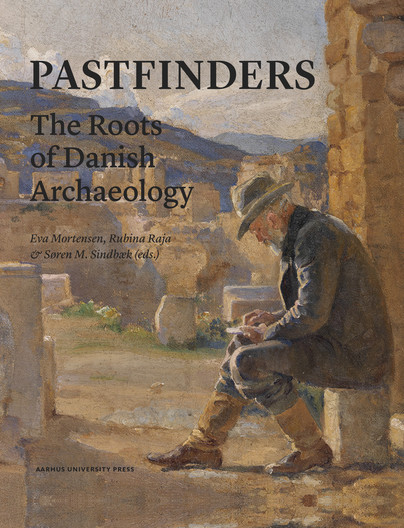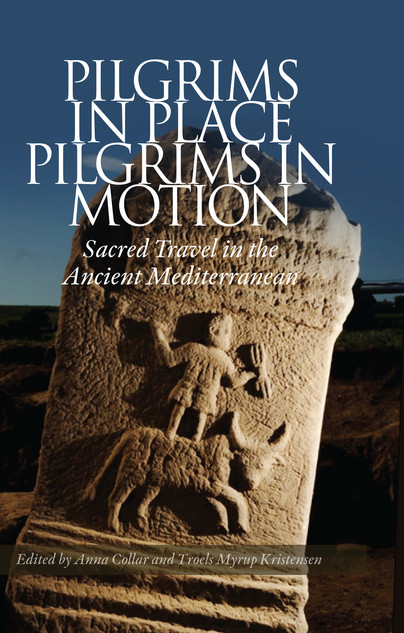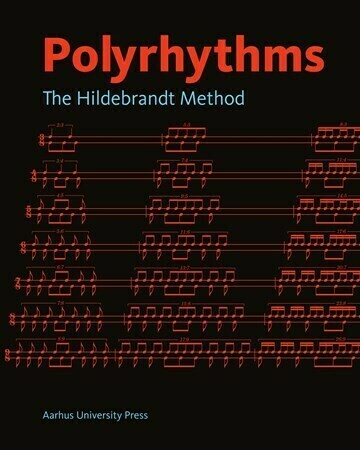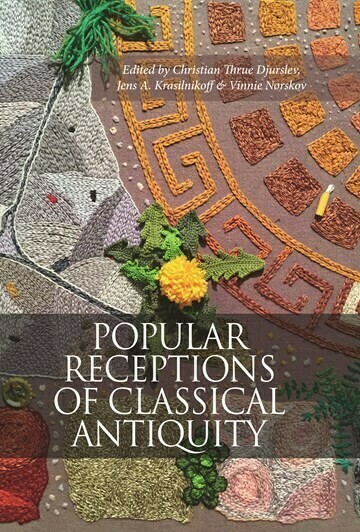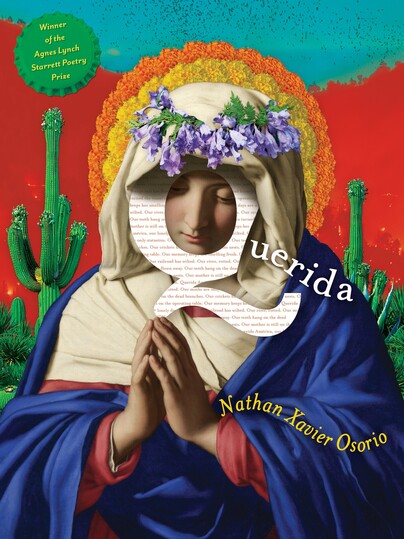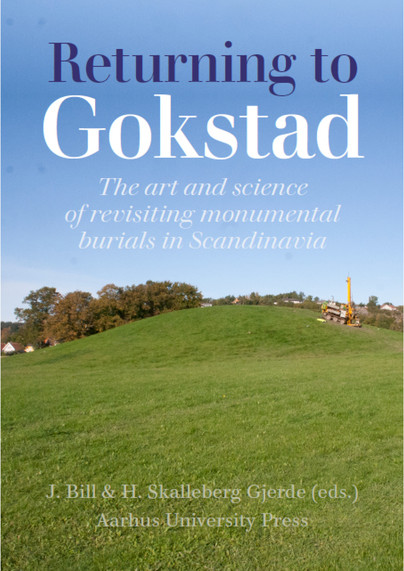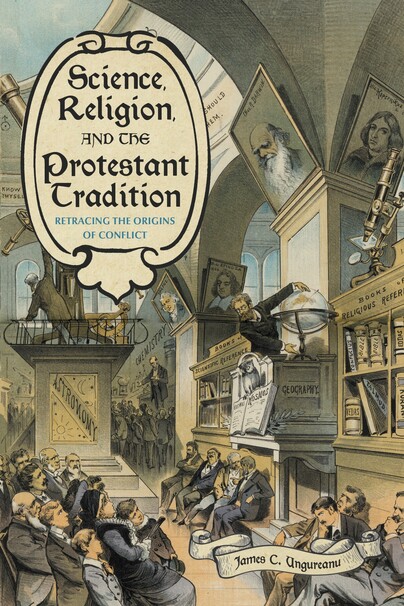In a globalized and networked world, where media crosses national borders, contributors reveal how transnational processes have shaped popular representations of scientific and religious ideas in the United Kingdom, Argentina, Ecuador, India, Spain, Turkey, Israel, and Japan. Most Adaptable to Change demonstrates the varied and divergent ways evolutionary ideas and nonscientific traditions and ways of understanding life on Earth have transformed across the globe. By examining a range of popular media forms across a multitude of different geopolitical contexts from the 1920s to today, this book traces how different evolutionary traditions and figures have been championed or discredited by different religious traditions, their spiritual leaders, and politicians using the cultural authority of religion as leverage.
It analyzes the ways in which evolutionary theory has been mobilized explicitly for the purposes of addressing wider sociopolitical questions, and it is the first collection of its kind to explicitly explore the role of popular media formats themselves as mediators in institutional debates on the relationship between evolution and religion.

